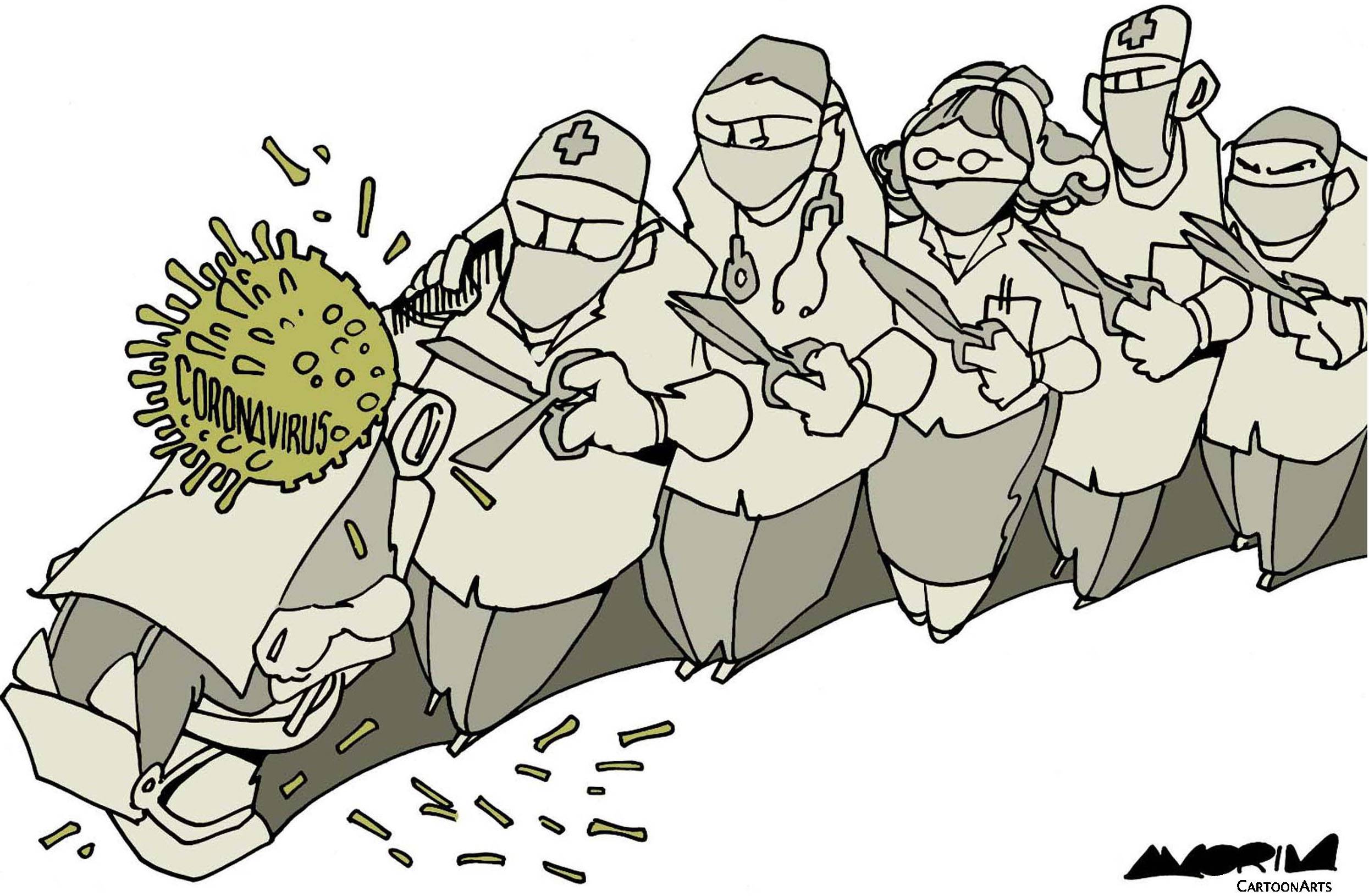A New York Times article published earlier this month proclaimed that, according to scientists, “never before have so many of the world’s researchers focused so urgently on a single topic.” It went on to describe the race to develop a coronavirus vaccine and drugs for treating it, involving global collaborations of medical researchers. Epidemiologists are also laboring tirelessly to save us from the virus by modeling its spread and directing mitigation efforts. Meanwhile, some macroeconomists are working overtime to save us from the epidemiologists.
But that hardly accounts for most of the world’s researchers, who specialize in disciplines as alphabetically diverse as aerobiology and zoopathology. In the United States alone there are likely hundreds of thousands of scientists and engineers who have the desire and knowledge to contribute to the fight against the coronavirus. And those of us working in academia continue to command the resources and professional autonomy needed to refocus our work, despite having decamped from proverbial ivory towers to dingy basements.
So why haven’t we seen a dramatic shift in academic research priorities across all disciplines? One reason may be lack of coordination. Under normal circumstances, science works remarkably well as a decentralized process, where researchers identify problems they’re passionate about, study them with very little oversight, and then hope to convince their peers that their work is inspiring, profound or useful. Good research projects are deliberative and careful, often taking years from conception to publication.


















With your current subscription plan you can comment on stories. However, before writing your first comment, please create a display name in the Profile section of your subscriber account page.